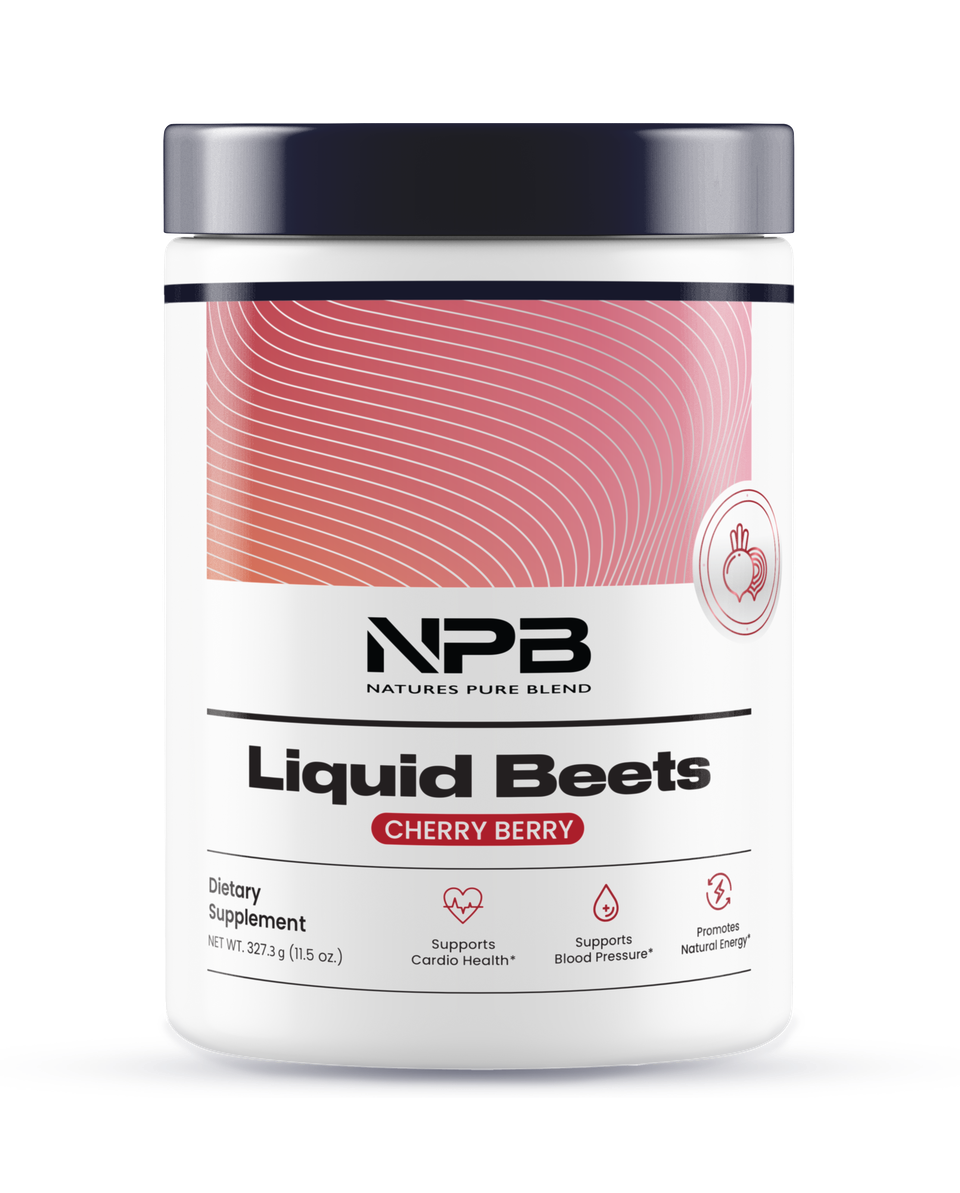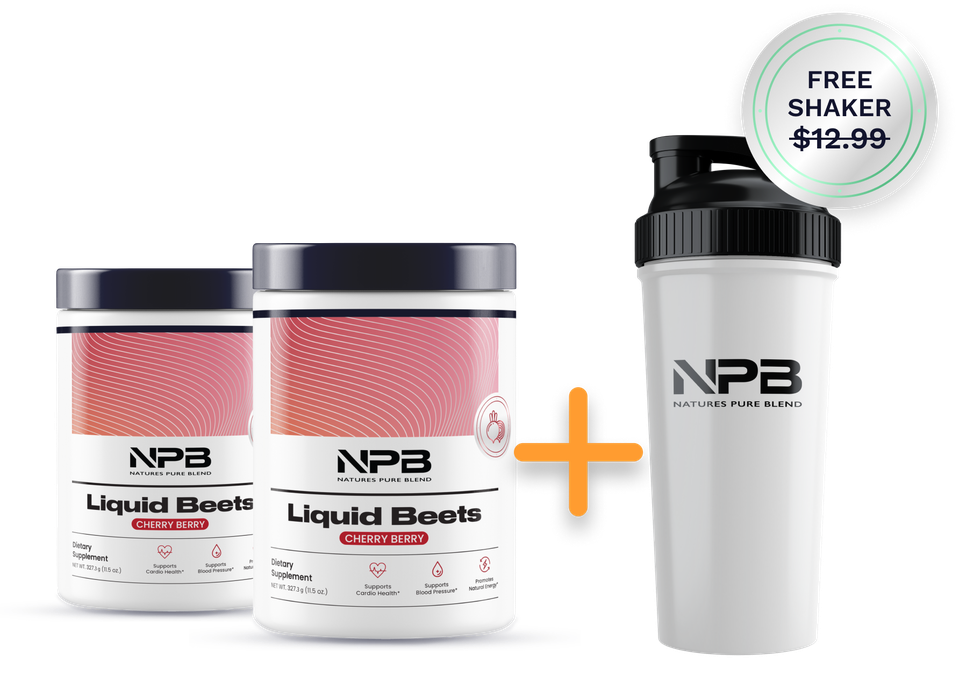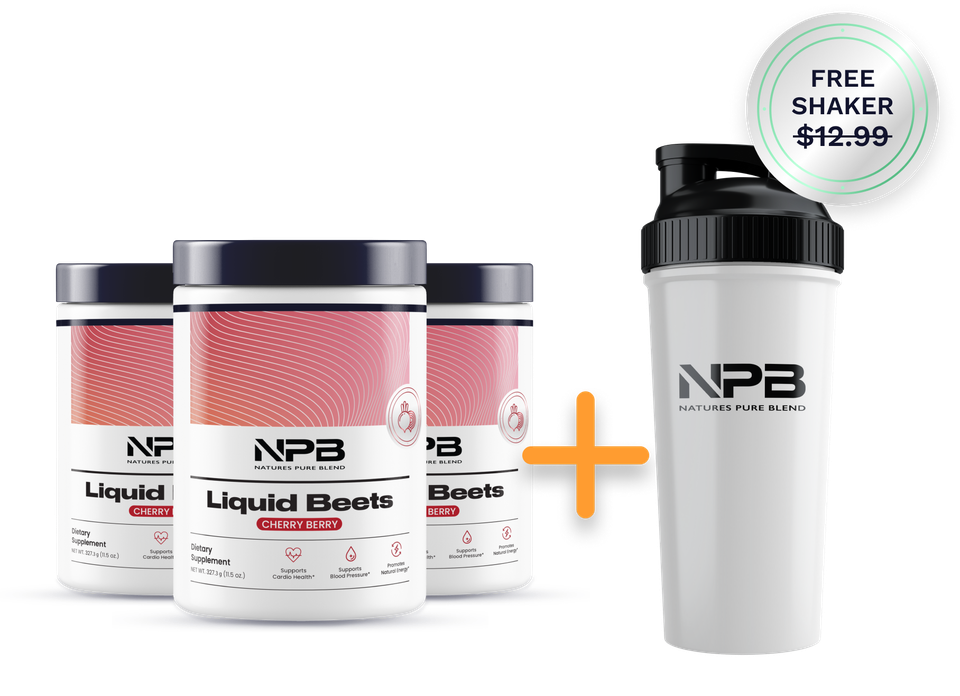Get Free Shipping On Orders $99+
9 Keys To Reducing Inflammation
Inflammation is the body's natural response to injury or infection, but when it becomes chronic, it can lead to various health issues. Adopting a lifestyle that focuses on reducing inflammation is crucial for overall well-being. In this blog, we'll explore nine key strategies to help you on your journey to a more inflammation-free life.
1. Anti-Inflammatory Diet:
A fundamental step in reducing inflammation is adopting an anti-inflammatory diet. This includes incorporating foods rich in antioxidants, omega-3 fatty acids, and phytonutrients. Fruits, vegetables, whole grains, and lean proteins should be the staples of your diet. 1 , 2
2. Omega-3 Fatty Acids:
Omega-3 fatty acids, found in fatty fish like salmon, chia seeds, and walnuts, possess potent anti-inflammatory properties. Including these foods in your diet can help balance the omega-3 to omega-6 ratio, crucial for controlling inflammation. 3
3. Regular Exercise:
Physical activity is not only beneficial for overall health but also plays a significant role in reducing inflammation. Regular exercise helps regulate the immune system and promotes the release of anti-inflammatory compounds. 4
4. Adequate Sleep:
Quality sleep is essential for the body's recovery and maintaining a healthy immune system. Lack of sleep can contribute to inflammation, so prioritize getting seven to nine hours of restful sleep each night. 5
5. Stress Management:
Chronic stress can lead to inflammation, so incorporating stress management techniques like meditation, yoga, or deep breathing exercises is crucial. These practices promote relaxation and help keep inflammation at bay. 6
6. Hydration:
Staying well-hydrated is vital for flushing out toxins from the body and maintaining overall health. Water helps support the body's natural detoxification processes, reducing the risk of inflammation. 7
7. Limit Processed Foods and Sugar:
Processed foods and added sugars can contribute to inflammation. Avoiding or minimizing the consumption of these items can have a positive impact on your inflammatory markers. 8 , 9
8. Turmeric and Ginger:
Both turmeric and ginger are renowned for their anti-inflammatory properties. Incorporating these spices into your cooking or consuming them as supplements can contribute to reducing inflammation in the body. 10 , 11
9. The Power of Beets:
Beets are a nutritional powerhouse with unique anti-inflammatory benefits. They contain betalains, which have been shown to possess anti-inflammatory and antioxidant properties. Beets also support detoxification and promote a healthy inflammatory response. 12
Conclusion:
Reducing inflammation is a holistic endeavor that involves lifestyle changes and dietary choices. By incorporating these nine key strategies, you can take proactive steps towards a healthier and more vibrant life. Remember, small changes can lead to significant improvements in your overall well-being.
Boost Circulation, Reduce Inflammation & Support Blood Pressure!
Join Our Community Of Health Lovers & Get Special Deals
Receive study-backed health tips, exclusive email deals, and more.
†Disclaimer: These statements have not been evaluated by the Food and Drug Administration. These products are not intended to diagnose, treat, cure or prevent any disease. Product results may vary from person to person.




